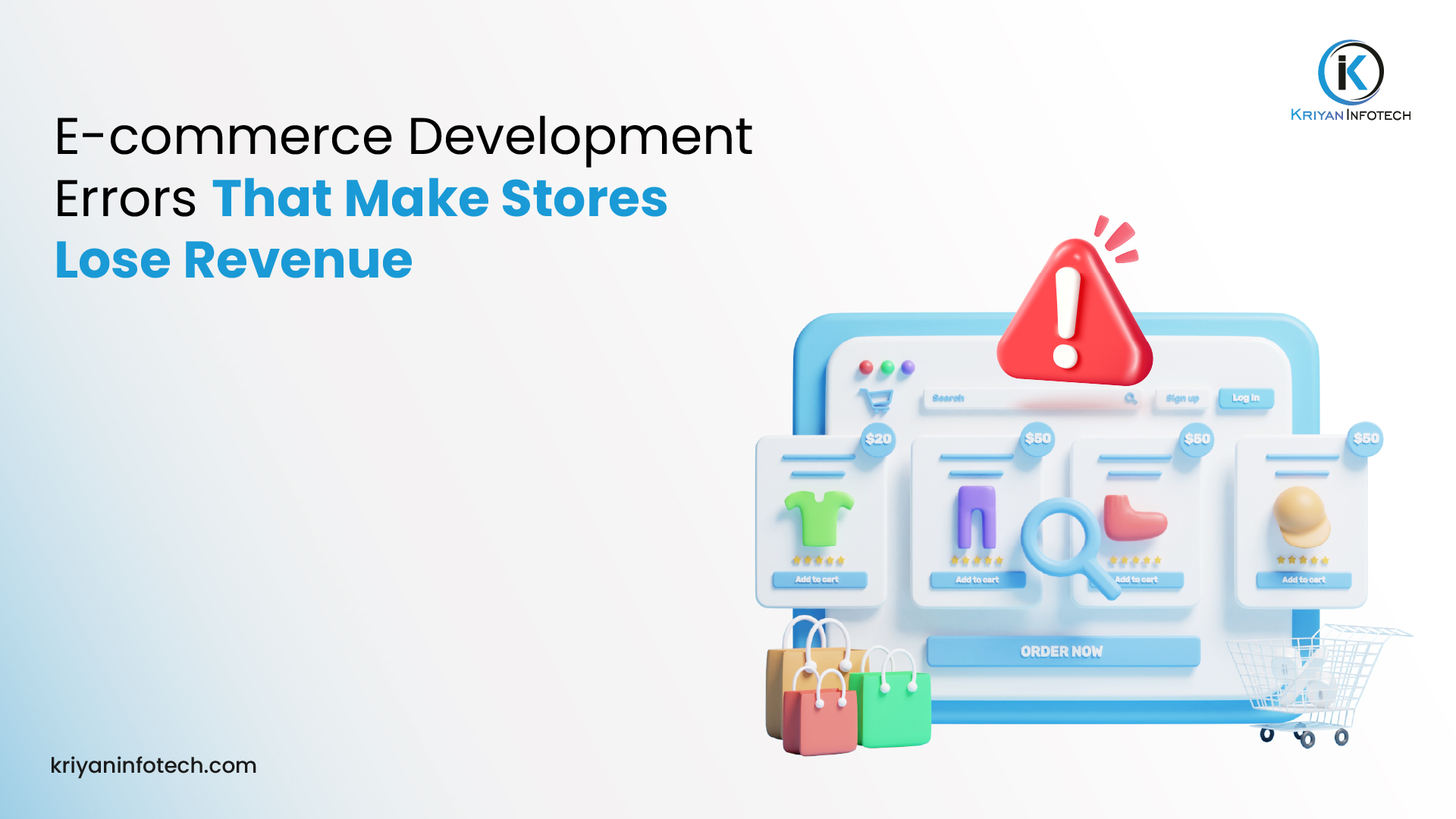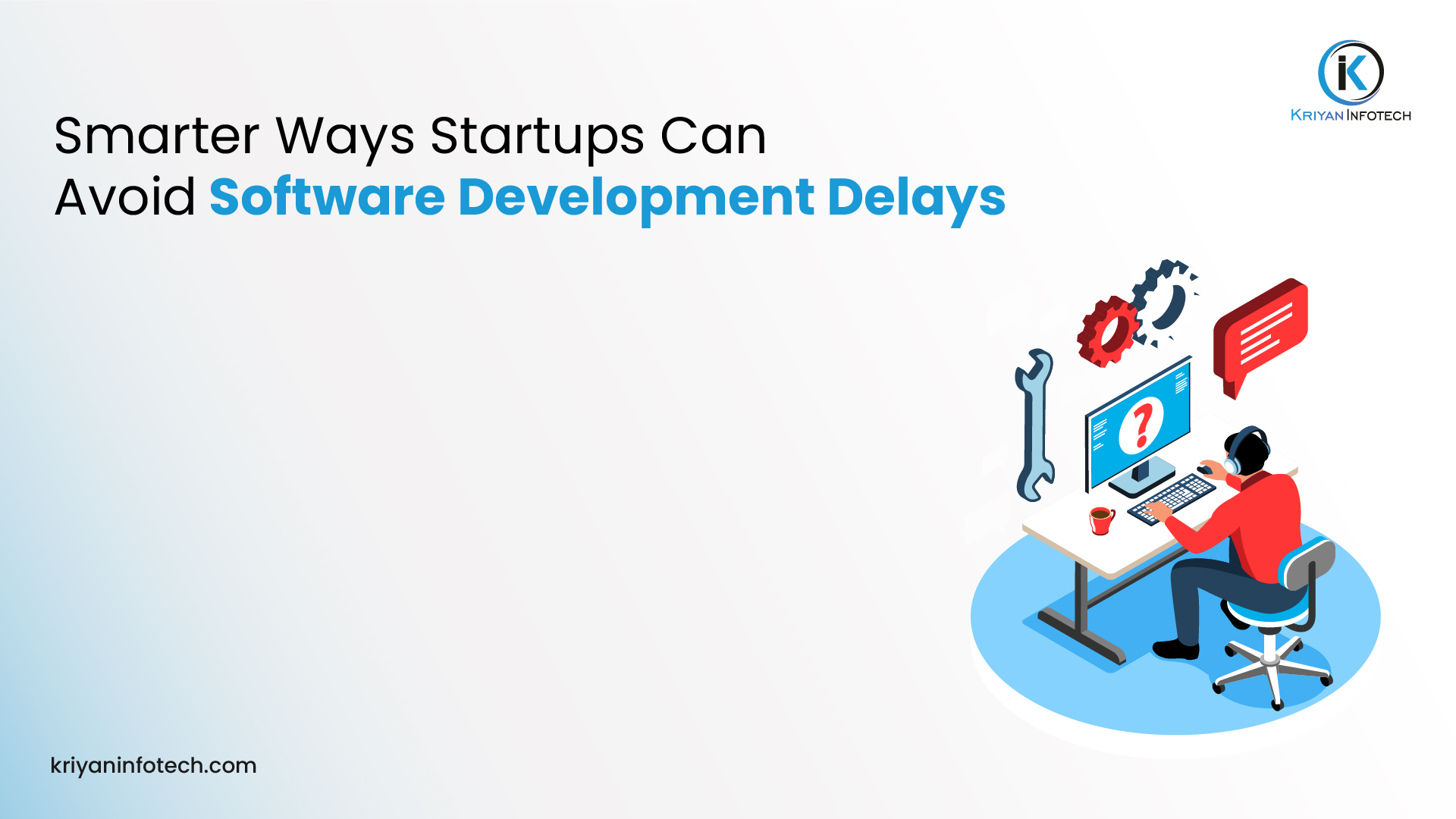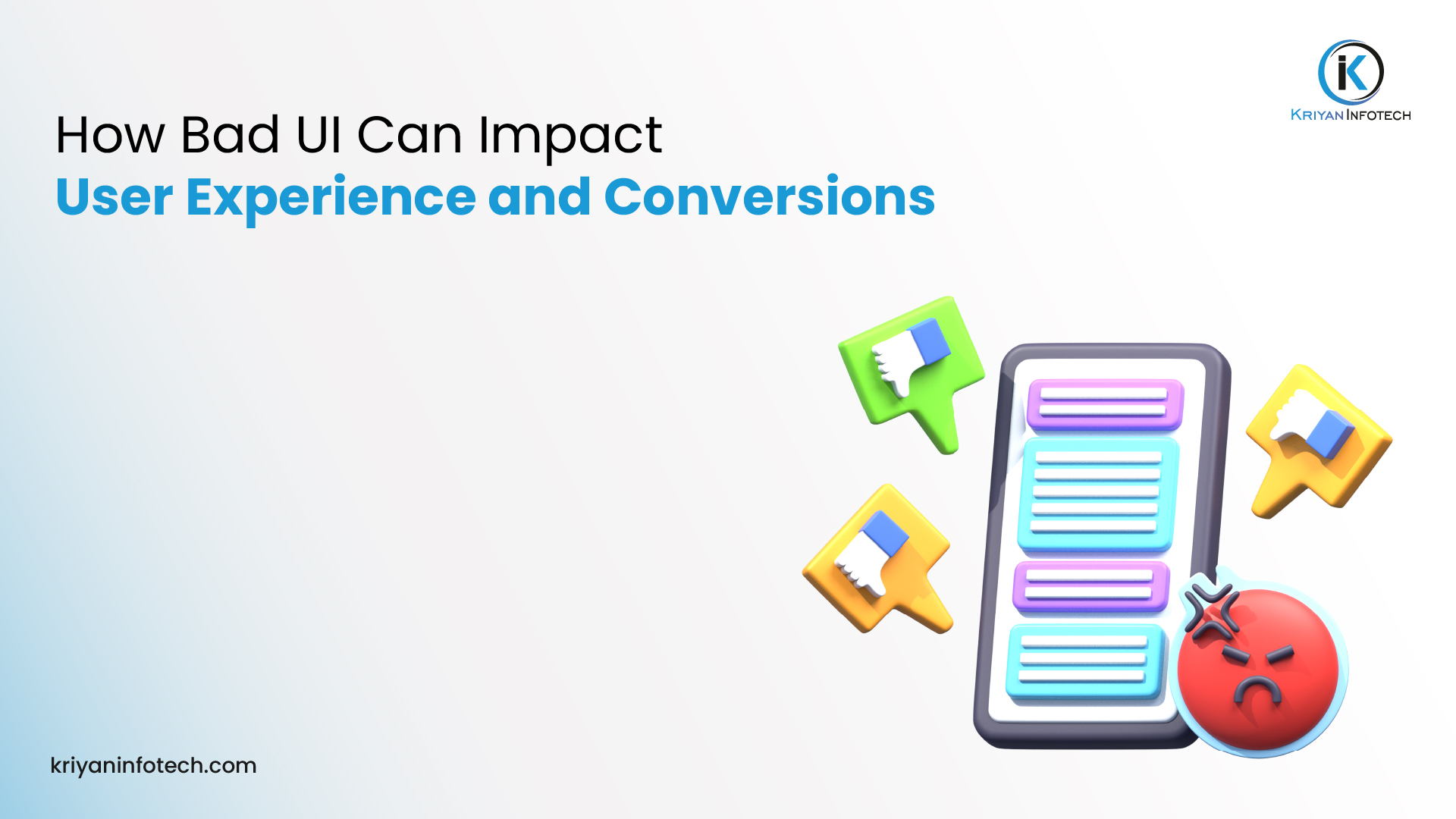
The Future of Digital Marketing: AI Strategies to Boost Customer Engagement
Introduction
AI-based digital marketing is transforming how customers and potential customers engage with businesses in 2024 and beyond. It opens up avenues for businesses that have never been seen before in terms of personalized campaigns and user experience optimization.
Marketers now have a better understanding of consumer behavior through machine learning and predictive analytics, making it easier to identify who needs what at any given time. Successful examples include automated customer service and changing content recommendations dynamically. By embracing AI, companies are becoming more efficient and achieving higher returns on investments (ROIs), allowing them to stay ahead in the ever-fast-changing digital world.
What is AI-Driven Digital Marketing?
Don’t you think it’s ironic that what people call “digital marketing” today entails just these two words?
In reality, there is so much more to digital marketing than this. The primary purpose of using Artificial Intelligence (AI) in digital marketing to guide individuals toward a successful outcome by filtering out customers who are less likely to make a purchase.
This approach helps you better select your target audience, understand them more effectively, and maintain relevant and personalized campaigns at all times.
When you understand your sales figures and how they will react to various changes, it becomes easy for you as an online salesperson to personalize your experience with individual channels onwards and control. This can best be achieved by analyzing large volumes of customer data which will allow a marketer to make decisions based on facts rather than guesses.
Various AI tools, such as chatbots, predictive analytics, machine learning algorithms, and natural language processing tools to improve the entire process of marketing.
Benefits of AI in Digital Marketing

Kriyan Infotech specializes in delivering AI-driven digital marketing solutions, enabling businesses harness these benefits to create more engaging and effective marketing strategies. The adoption of AI in digital marketing brings several significant advantages:
- Personalized Customer Experiences: With AI-powered digital marketing, businesses can adjust their platforms and product offerings based on customers’ past behaviors or choices. Customers engage more deeply with this tailored method as it makes them feel understood, resulting in higher conversion rates when they have the opportunity to click through an ad.
- Data-Driven Insights: Marketers can utilize Artificial Intelligence algorithms to quickly and precisely study extensive databases gaining valuable insights into customer behavior, preferences, and trends over time. This helps organizations develop better strategies through efficient targeting mechanisms, better segmentation, and sound customer profiling techniques.
- Automation and Efficiency: AI can automate repetitive tasks including email marketing, social media posting, and customer service. This not only saves time but also ensures that marketing activities remain consistent thus enabling marketers to engage in more creative and strategic initiatives.
- Enhanced ROI: By targeting the right audience with pertinent content thereby minimizing wastage on ineffective campaigns, AI-powered tools assist in optimizing marketing budgets. Higher ROI is achieved through the precision of AI-driven strategies since they ensure that resources are used effectively.
AI-Driven Digital Marketing Strategies

To stay ahead in the competitive digital landscape, businesses need to leverage AI-driven strategies. Here are a few AI marketing strategies that are transforming the industry:
- Predictive Analytics for Targeting: Predictive analytics involves using historical data and AI to forecast future trends and behaviors. By analyzing customer interactions, AI can predict which audiences are most likely to engage with a brand, enabling marketers to create highly targeted campaigns.
- Chatbots and Virtual Assistants: AI-powered chatbots are revolutionizing customer service by offering real-time, 24/7 support. These chatbots handle basic inquiries, recommend products, and even guide customers through the sales process. They enhance user experience while reducing the need for human intervention in routine tasks.
- AI-Powered Content Creation: AI tools can generate content that is optimized for search engines and tailored to audience preferences. Marketers can use AI to analyze content performance and make data-driven decisions on what type of content resonates most with their target audience.
- Personalized Product Recommendations: AI uses data from customer browsing and purchasing behavior to recommend products that are most relevant to individual users. This not only improves customer experience but also increases upselling and cross-selling opportunities.
- Automated Ad Campaigns: AI allows marketers to automate ad campaigns, including pay-per-click (PPC), social media, and display ads. AI analyzes audience behavior in real time, adjusting bids, content, and targeting parameters to ensure maximum ad performance.
Challenges in Implementing AI in Marketing

While AI-driven digital marketing offers many benefits, it also presents some challenges:
- Data Privacy Concerns: With AI-driven marketing relying heavily on consumer data, businesses must navigate the complexities of data privacy laws. Ensuring compliance with regulations like GDPR and maintaining transparency with customers about how their data is used is critical.
- High Implementation Costs: AI technologies require significant investment in software, infrastructure, and skilled personnel. For small businesses, the initial cost of implementing AI-driven marketing solutions may be a barrier to entry.
- Integration with Existing Systems: Many companies face challenges in integrating AI with their existing marketing tools and platforms. The compatibility and technical expertise required to merge AI technologies into current workflows can be demanding.
- Learning Curve: Adopting AI-driven digital marketing requires marketers to upskill and stay informed about the latest AI trends and tools. Training staff and building expertise in AI can be time-consuming.
Future Trends in AI-Driven Marketing

As AI technologies continue to advance, several trends are expected to shape the future of digital marketing:
- Voice Search Optimization: With the growing popularity of voice-activated devices like smart speakers, optimizing content for voice search will become crucial. AI-driven tools will play a significant role in ensuring content is optimized for natural language queries.
- Hyper-Personalization: AI will take personalization to new heights by analyzing deeper layers of data, including emotional cues and micro-behaviors. This will allow marketers to deliver even more personalized experiences based on real-time interactions.
- AI-Powered Video Marketing: Video marketing is gaining traction, and AI will enhance video content creation and optimization. AI tools will assist in creating interactive and engaging videos tailored to audience preferences.
- Predictive Customer Journeys: AI will predict customer journeys with higher accuracy, enabling businesses to create seamless experiences across multiple touchpoints. Predictive algorithms will help brands anticipate customer needs and proactively address them.
How to Get Started with AI in Digital Marketing

- Assess Your Current Capabilities: Evaluate your existing marketing tools and identify areas where AI can improve efficiency or performance.
- Define Clear Objectives: Establish specific goals for your AI initiatives, whether it’s improving customer engagement, enhancing personalization, or optimizing ad campaigns.
- Choose the Right Tools: Research AI marketing platforms that align with your business objectives. Platforms like HubSpot, Marketo, and Salesforce offer AI-driven solutions for automation, analytics, and customer targeting.
- Invest in Talent: Consider hiring AI specialists or training your marketing team to work with AI tools. Having the right expertise in-house is crucial for effective implementation.
- Start Small: Begin by integrating AI into one aspect of your marketing strategy, such as chatbots or automated email campaigns. Once successful, gradually expand AI’s role across other channels.
Infographic: The Future of Digital Marketing: AI Strategies to Boost Customer Engagement

Conclusion
AI-driven digital marketing is unlocking new opportunities for businesses to engage with customers in more meaningful and efficient ways. By adopting AI-powered strategies, companies can deliver personalized experiences, optimize their marketing efforts, and stay competitive in an increasingly digital world. Whether you’re looking to streamline your processes or enhance customer interactions, AI is an essential tool for future-proofing your digital marketing efforts.
Ready to transform your digital marketing with AI? Contact Kriyan Infotech today for custom AI marketing solutions designed to drive results. Unlock the future of customer engagement with our professional AI-driven digital marketing services.
E-commerce Development Errors That Make Stores Lose Revenue
Introduction Running traffic to your online store is...
Smarter Ways Startups Can Avoid Software Development Delays
Introduction For startups, time isn’t just money; it’s...
How Bad UI Can Impact User Experience and Conversions
Introduction You can spend thousands on ads, SEO,...



